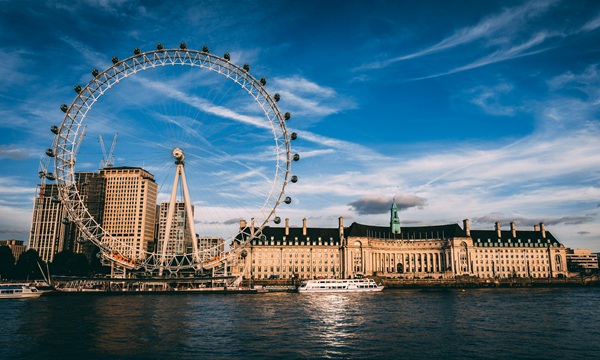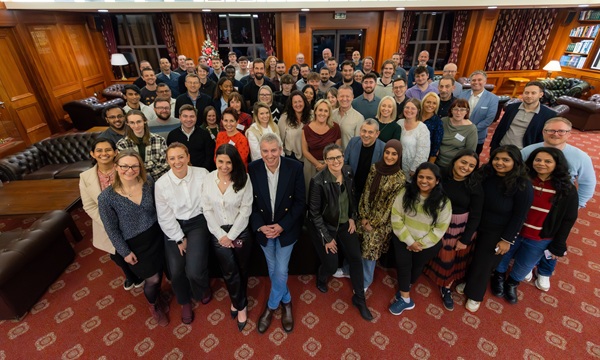Carbon-negative initiatives that minimise waste and increase company efficiency are key goals to aim for in 2022.
Sustainability continues to occupy a prominent place in the minds of business leaders, with many embracing initiatives such as carbon offsetting to reduce their environmental impact. While any attempt to reduce an organisation’s carbon footprint should be applauded, it is crucial that companies think bigger than just offsetting. According to Kyocera, this means taking steps to reach carbon-negative status.
Becoming carbon-negative means combining offsetting schemes with additional efforts to become more sustainable across every aspect of the business. This results in a situation where, in net terms, the organisation removes more carbon from the atmosphere than it emits.
Rod Tonna-Barthet, CEO at Kyocera Document Solutions UK, said:
“Carbon-negative is an ambitious goal, and one that most of us are still some way from achieving – including us at Kyocera. However, there are several ways that it can be done.
“A first step for any business targeting carbon-negative status is to conduct a comprehensive examination of the company’s business practices and figure out where energy usage and waste can be reduced. This covers areas such as energy-efficient lighting and heating in office spaces, and a commitment to products such as sustainable printer inks or devices made from recycled and recyclable materials.
“It’s also just as crucial that business leaders are more ambitious in their thinking when it comes to more subtle changes, such as increased digitisation and automation of internal processes. For example, by automating tasks such as invoicing, organisations can drastically cut paper usage while making staff more efficient in their roles. Put simply, when it comes to sustainability, every little helps.”
Another action businesses can take in pursuit of carbon-negative goals is to make the most of hybrid working and how it has recalibrated our approach to the daily commute. This is especially important given the likelihood of the practice becoming a permanent fixture for many office-based workers.
Tonna-Barthet added:
“A report from last year found that transportation – of which the daily commute is a major part – produced the equivalent of 122 million tonnes of carbon dioxide in the UK in 2019. This represents around 27% of the country’s total greenhouse gas emissions.
“In short, a reduction in travel, particularly by car, has been instrumental in driving these numbers down in the last couple of years. As long as employees maintain the right to hybrid working, businesses can reap the sustainability rewards for many years to come.”
Tonna-Barthet concluded:
“Taking sustainability initiatives to the next level requires hard work and long-term commitment, but by embracing the challenge wholeheartedly and maintaining ambitious dreams of how we want our work and lives to be, there’s every reason to be optimistic. No business is perfect, but by thinking beyond established practices such as offsetting, carbon-negative can be a realistic goal.”










